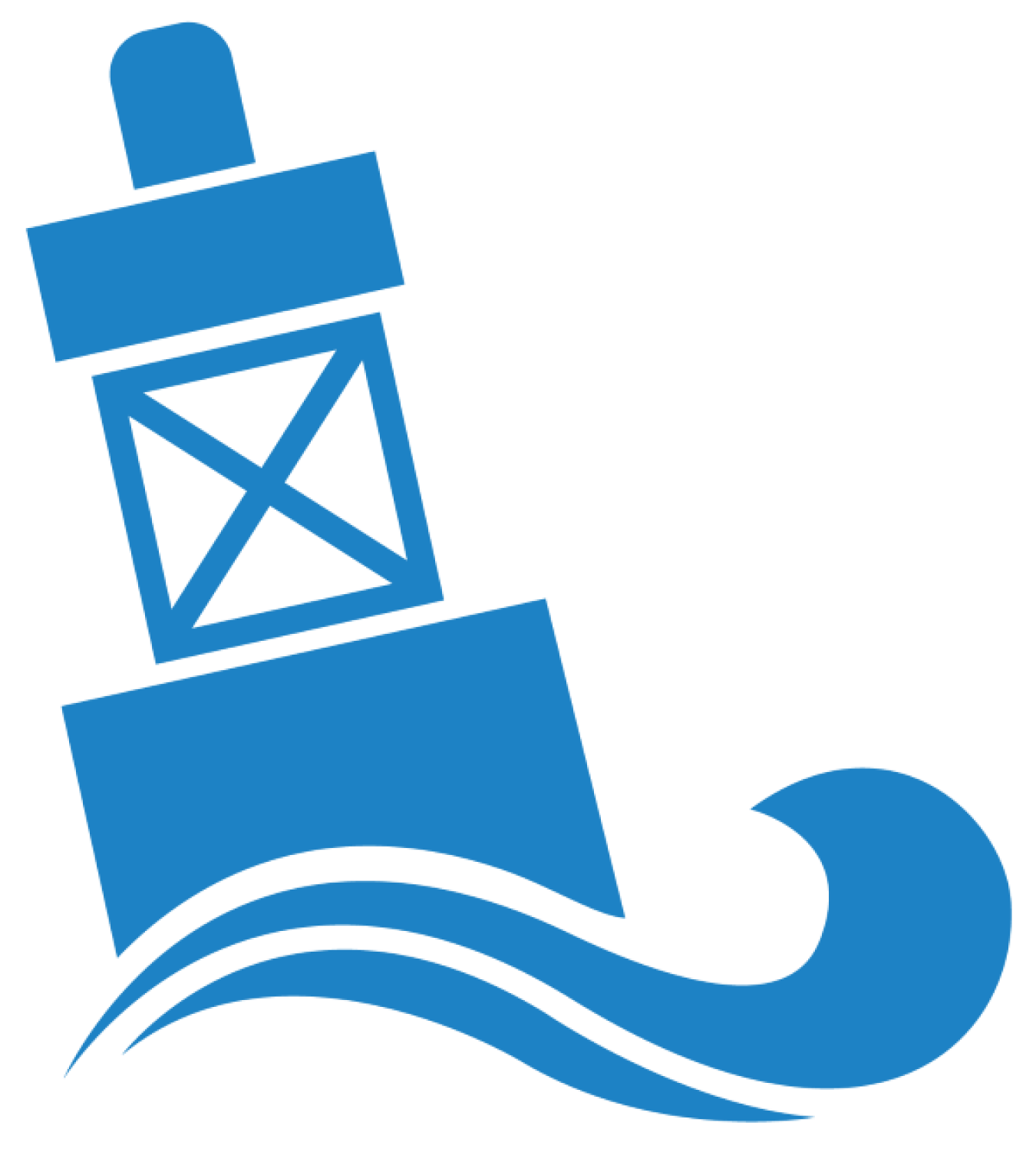Triton Systems Inc. successfully tested its wave energy converter in hurricane-level waves, proving the durability of its prototype and demonstrating that marine energy can reliably power data collection and ocean exploration activities.
Water Power Technologies Office
March 14, 2024Marine Energy Program
Technology-Specific System Design and Validation
Project Name: Wave Energy Harvesting to Power Ocean Buoys
Project Team: Triton Systems, Inc. (lead), EOM Offshore, Pacific Northwest National Laboratory, and Sandia National Laboratories
Lead Recipient Location: Chelmsford, Massachusetts

In August 2023, Triton Systems, Inc., a Massachusetts company developing wave energy converters to provide power to oceanographic and meteorological buoys, successfully completed the first long-duration deployment test for its prototype. The deployment took place at Buzzards Bay off the coast of Cape Cod, Massachusetts, and intended to verify the viability of the prototype in small waves (no larger than two feet). However, when Hurricane Lee brought in waves taller than eight feet, the prototype continued operating and was successfully retrieved at the end of the deployment, demonstrating the viability of this prototype wave energy converter.
The deployment successfully tested mechanical functionality, communication and data acquisition systems, biofouling effects, and open-water deployment and retrieval strategies. Prior to this full-scale deployment, Triton refined its initial concept design through the Testing Expertise and Access for Marine Energy Research program with support from Pacific Northwest National Laboratory and Sandia National Laboratories. Triton partnered with EOM Offshore, who assisted with deployment and allowed Triton to use its Cape Cod warehouse to construct the prototype. Triton also completed a shakedown test in April 2023, after which it installed more reliable batteries to power the data acquisition system.
Moving forward, Triton plans to further develop the prototype and deploy it for a longer time in a high-energy wave environment to characterize its performance.
The power extracted from waves has significant potential to benefit ocean-observing buoys and other blue economy applications. This successful deployment demonstrates that marine energy can reliably provide power for data collection and ocean exploration.
This project is funded through the Small Business Innovation Research program.

Triton's deployment successfully tested the functionality of its technology, even amidst unexpected storm waves.
-
 Sandia National Laboratories identified innovative wave energy converter concepts that could power sensors on an ocean observing buoy.
Sandia National Laboratories identified innovative wave energy converter concepts that could power sensors on an ocean observing buoy. -
 NREL researchers identified optimal materials for harnessing ocean thermal gradients and generating electricity to power underwater vehicles.
NREL researchers identified optimal materials for harnessing ocean thermal gradients and generating electricity to power underwater vehicles. -
Researchers at the National Renewable Energy Laboratory expanded the capabilities of their open-source modeling tool to enable simulation of marine energy turbines to help optimize technology designs.
-
 The National Renewable Energy Laboratory and Pacific Northwest National Laboratory completed the first step in developing the Community Deployment Readiness Framework to support remote, coastal, and island community-driven energy transitions.
The National Renewable Energy Laboratory and Pacific Northwest National Laboratory completed the first step in developing the Community Deployment Readiness Framework to support remote, coastal, and island community-driven energy transitions. -
ORPC tests its new Modular RivGen Power System in Millinocket, Maine. Future applications may include power for electric vehicle charging stations, critical infrastructure, and communities.
-
 Triton Systems Inc. successfully tested its wave energy converter in hurricane-level waves, proving the durability of its prototype and demonstrating that marine energy can reliably power data collection and ocean exploration activities.
Triton Systems Inc. successfully tested its wave energy converter in hurricane-level waves, proving the durability of its prototype and demonstrating that marine energy can reliably power data collection and ocean exploration activities.
WPTO's marine energy e-newsletter shares news and updates on tools, analysis, and emerging technologies to advance marine energy.
The WPTO e-newsletter brings funding opportunities, events, publications, & hydropower and marine energy updates directly to your inbox.


